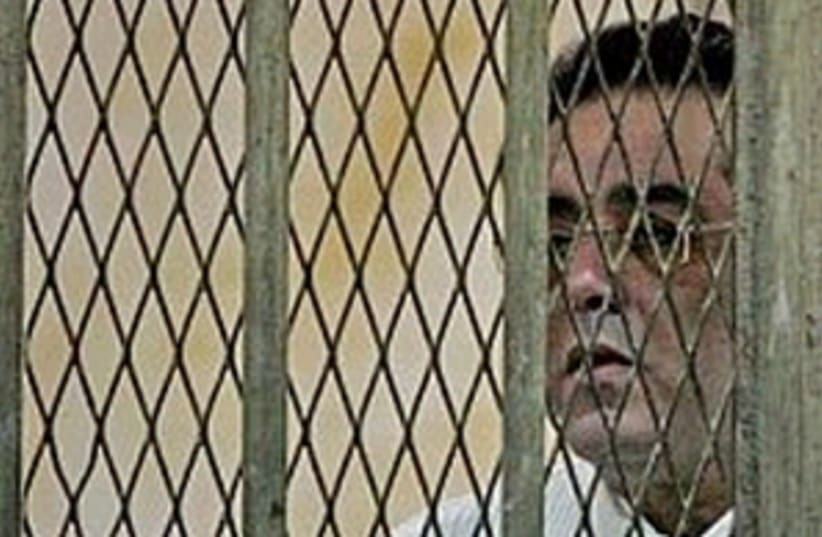| More about: | Hosni Mubarak, George W. Bush, Condoleezza Rice, The Washington Post |
Mubarak opponent Ayman Nour sentenced
Ayman Nour receives five years in prison for forgery after year-long judicial process.


| More about: | Hosni Mubarak, George W. Bush, Condoleezza Rice, The Washington Post |